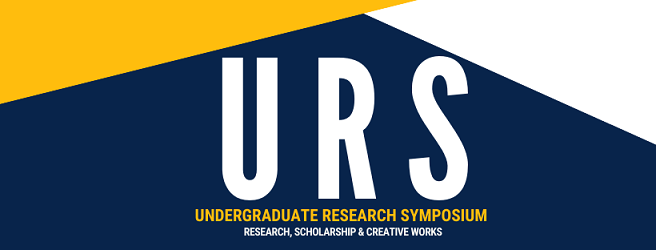Faculty Sponsor
Dr. Lara Zwarun
Final Abstract for URS Program
When talking about sustainability, lawncare may not be the first thing that comes to mind. However, the way we take care of our lawns affects the pollinators in the area. If we want to get people to behave in environmentally friendly ways, we need to find a way to reach them with messages that resonate. That means meeting them where they are and understanding their thoughts and opinions on lawncare. We did this by conducting three focus groups via Zoom with 4-6 participants in each group. We asked them questions about how they take care of their lawns, the pressure they felt to maintain their lawn, and then their opinion on a few different pictures of lawns. The lawns we showed them varied from very manicured to more pollinator friendly. We found that participants value the look of a tidy lawn but don’t love the work it takes to upkeep it. They base their planting decisions on convenience instead of what is native to the area. Participants said they notice other people’s lawns and feel a pressure to mow their grass before it gets long. They prefer manicured lawns with the patterned stripes and any flowers or greenery to not block the porch or windows. Not surprisingly, people knew very little about pollinators. In conclusion, we learned more about what people think about when taking care of their lawn and the pressure they perceive to keep their lawn short. Pollinators and sustainability aren’t top of mind for many homeowners, which is valuable information for those designing messages to communicate about environmental issues.
Document Type
Poster


